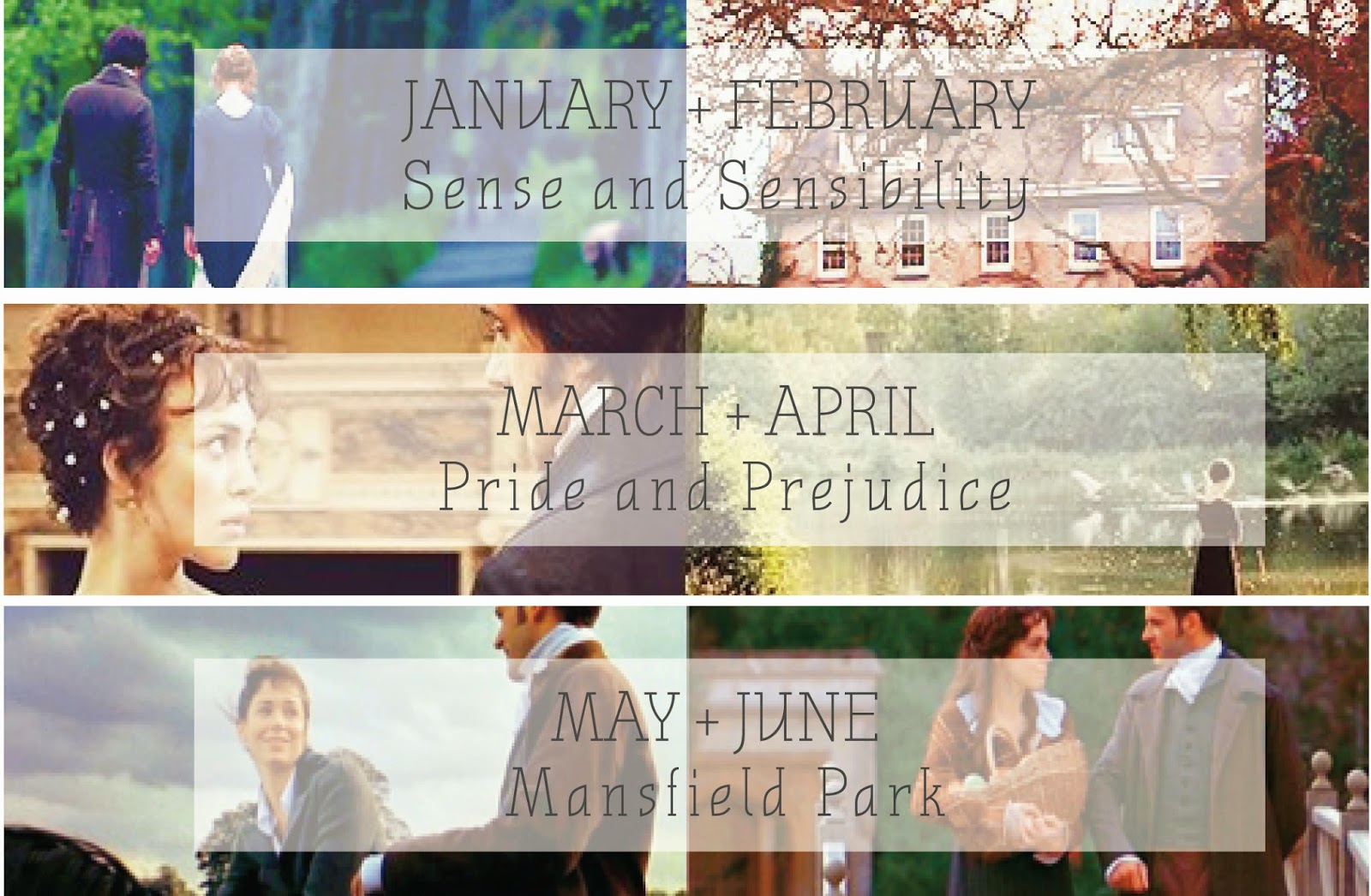If you are not familiar with my reading goal for this year, you can read about it here. I have 30 books I want to read this year. I think I am doing pretty well so far. Some I have loved, and some I am glad I do not have to pick them up ever again. I am trying to decide which ones to bring on vacation; I am always a much more inspired reader at the beach. Probably because the setting is my idea of perfection.
— Nonfiction —
1. The Secret Thoughts of an Unlikely Convert — This book is one of my new favorites. It is about an English professor's journey to knowing Christ. It is well written AND thoughtful. Her logical working out of a) what being a believer means and b) what being a believer will cost is particularly searing in its honesty. I wish everyone who has had any contact with any type of faith whatsoever would read it. Its mirror-like properties are unavoidable; it challenges as it encourages.
2. The Land of the Green Man — This book was incredibly entertaining. Even though it is nonfiction, the content most often reads like a story. Larrington does an excellent job of describing the British Isles (almost too excellent — I am ready to pack my bags right now). She basically sets down the majority of folk tales floating around the British Isles. It makes me wish I lived in a place with such a long history.
3. Two Views on Homosexuality, the Bible, and the Church — I. loved. this. book. It is a presentation of two ways of thinking theologically and practically about homosexuality. 4 scholars wrote 4 short essays defending two views of the issue. The scholars were highly intelligent and, more importantly, compassionate. This is a book I am still wrestling with (in a good way). My only complaint was that there was not a recommended reading list. I think a list would have been a really great- and helpful- addition.
4. Four Views on Hell — This book was not near as good as the one on homosexuality, in my opinion. The scholars were much more antagonistic and the writing harder to follow. I do not regret reading it and I did learn things, but I probably will not read it again.
— Classics —
1. Middlemarch — George Eliot is one of the most astute writers I have ever read when it comes to understanding human beings. The whole book is about a small town in England with, quite frankly, not the most interesting characters or plot. Her insights into human nature, however, kept me coming back for more. (Side note: Rosamond Vincy has joined Daisy Buchanan on my Can't Even list)
— Fiction —
1. The Enchantress of Florence — I was really enjoying this book until about 3/4 of the way through. I cannot tell you my feelings on it with spoiling things, so just know I was extremely disappointed by the way everything happened and I feel that all of Rushdie's lovely, insightful thoughts got washed away in the yuck of the ending.
2. Silence Fallen — This is number 10 in the Mercy Thompson series by Patricia Briggs. It is one of my favorite series and this entry did not disappoint. It was somewhat hard to follow because of how the story is told, but I did enjoy it. I really liked how Briggs expanded the world with a glimpse into Europe.
3. Shylock Is My Name — This is a retelling of Shakespeare's The Merchant of Venice. This is one of the most thought-provoking fiction books I have read in a long time. Jacobson wrestles with Shylock's Jewishness and its implications for Shakespeare's audience as well as the modern audience. This is one of those books that I do not know whether or not to recommend it; it should be read, but not everyone would enjoy reading it. Conundrum.
4. The Burning Page — I reviewed this book in a different post; check it out here.
5. A Court of Wings and Ruin — I was so disappointed by this book. It is the third in the A Court of Thorns and Roses trilogy and it was... dare I say it... kind of boring. The second book (A Court of Mist and Fury) was really good, YA at its finest good. The third one was definitely a let down. The main characters were kind of flat, there were some plot holes, and one deus ex machina moment was too much for me. If the second book hadn't been SO good, then the third would not have been as much of a let down.
Wow, looks like I need to do some work on the Classics category. I have picked up the Iliad and am about a quarter of the way in. It is more different from The Odyssey than I thought it would be. So far I am really enjoying this challenge I have set for myself. Hopefully I make much more progress this summer. How are y'all's reading challenges going?






































